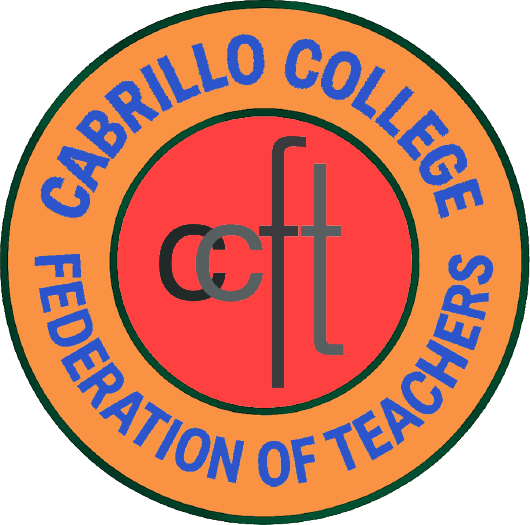David Lau
A new court case sits before the ideologically conservative Roberts Court, one that may define the future of the public sector unions. Friedrichs v. CTA could overturn the precedent-setting case Abood v. Detroit School Board, which upheld the union shop in the public workplace. In Abood, the Supreme Court affirmed that the “agency-fee” unions collect from non-union members in the private sector could continue to be collected from nonmembers of public sector unions (as approved in each state). The ruling found that nonmembers could be required to pay the essential costs of representation, such as collective bargaining and grievance administration; the court also held that nonmember their fees would not be used for political purposes. This decision led to the separate establishment of political education funds in public sector shops. A bulwark of the labor movement, the humble “agency-fee” is crucial to the health of local, state, and national operations of all public sector unions. The operations of the union work for the betterment of all at the workplace and thus all should contribute to the union.
Justice Samuel Alito has led the way in the recent fight against the public sector unions on the Roberts Court. When it established the “fair share” rule as a compromise, the Burger court said: “Public employees are not basically different from private employees.” Justice Alito disagrees. In his ruling from 2011 on a California public sector union case he wrote, “[F]ree-rider arguments … are generally insufficient to overcome First Amendment objections.” Alito acknowledged that the Abood ruling had as an objective to keep “labor peace.” A class warrior of the political right, Alito is quite openly a creature of the decades-long and ongoing employers’ offensive against all workers. Alito and others’ “reasoning” is summarized well by Garrett Epps in The Atlantic: “The essence of the argument is that all expenses of public-employee bargaining are ‘political,’ because public-employee benefits, salaries, and pensions are paid for by taxpayers.” It then somehow follows that all fees collected by the union may violate the first amendment protections of its members. The real goal, however, is to undermine labor unions as a fundamental institution of our society.
So what is the truth of the matter? The unionized workplace is a product of a democratic vote among all workers in the shop: a majority of workers must approve having a union in the first place. The principle of paying the “agency-fee” is one that is rooted in this democratic makeup of the workplace. All workers benefit from the collective bargaining the union engages in, and thus all workers, even nonmembers of the union, are obliged to contribute to the union’s operations—from which they will directly experience better safety conditions, better pay, some form of healthcare, and a feeling of basic connectedness to other teachers, workers, and our society more generally.
We have already seen the Roberts court use a freedom-of-speech argument to justify the unlimited spending of corporations and the wealthy in our elections. Now Justice Alito’s cynical use of a hollowed liberty, the freedom of speech, may strike a major blow to the state’s teachers unions and public employee unions across the nation.








